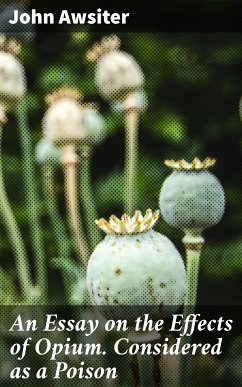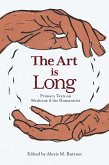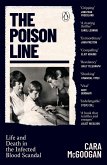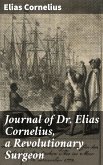In "An Essay on the Effects of Opium: Considered as a Poison," John Awsiter explores the multifaceted impact of opium on both individual health and societal well-being. With meticulous attention to scientific detail, Awsiter delves into the physiological, psychological, and social ramifications of opium use, employing a blend of empirical observation and analytical discourse that echoes the Enlightenment ideals of reason and inquiry. His prose is rigorous yet accessible, capturing the era's burgeoning interest in toxicology and the ethical implications of drug use, reflecting both the era's trepidation and fascination with substances that alter human consciousness. John Awsiter, a physician and contemporary of prominent Enlightenment thinkers, draws from his medical background and personal observations of opium's effects on both patients and society. His writing comes at a time when opium's use was escalating, prompting both medical and philosophical debates about its place in society. Awsiter's insights reflect a deep concern for public health and ethical medicine, positioning him as a critical voice in the discourse surrounding drug regulation and moral responsibility. This essay is highly recommended for readers interested in the intersection of medicine, ethics, and society. Awsiter'Äôs analysis not only informs but also challenges readers to engage critically with the implications of drug use, making it a vital contribution to the understanding of addiction and its legacy in modern society.
Dieser Download kann aus rechtlichen Gründen nur mit Rechnungsadresse in A, B, BG, CY, CZ, D, DK, EW, E, FIN, F, GR, H, IRL, I, LT, L, LR, M, NL, PL, P, R, S, SLO, SK ausgeliefert werden.









